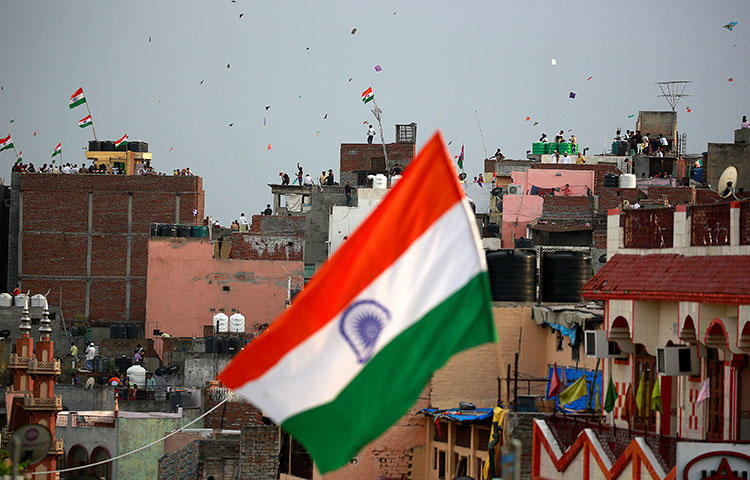New Delhi, May 25, 2018–The Committee to Protect Journalists today expressed concern over the Delhi High Court’s decision to bar the release of the second part of an investigative documentary about news outlets allegedly being willing to accept money in exchange for favorable coverage. The court yesterday issued an injunction that forbids the screening of Operation 136: Part II, a documentary that alleges more than 24 media organizations were willing to publish advantageous stories for payment, the Indian news website Scroll.in reported.
The injunction was issued after one of the media organizations mentioned in the film, the Hindi-language daily Dainik Bhaskar, filed suit against the Forum for Media and Literature, a non-profit organization that sponsors investigative journalism projects including the website Cobrapost, which published Operation 136: Part II, according to news reports.
In the injunction, which was seen by CPJ, the court stated that its decision was issued to avoid inflicting “irreparable loss and injury” on Dainik Bhaskar.
Neither Aniruddh Bahal, the editor-in-chief of Cobrapost, nor the documentary’s reporter Pushp Sharma were summoned during the hearing, according to the court order that was seen by CPJ.
“It is extremely disappointing that a court in India has once again acquiesced in a lawsuit that blocks press freedom, this time filed by a news organization,” said Steven Butler, CPJ Asia program coordinator in Washington, DC. “News organizations in India need to stand together in defense of press freedom and not sue each other to kill free expression.”
The film, which CPJ has viewed, shows reporter Sharma going undercover to various media organizations, asking them to tailor content to promote a right-wing Hindu agenda and discussing how much they would pay the media organization in exchange for running such content.
CPJ’s repeated phone calls to Bharat Agarwal, an executive director of the Dainik Bhaskar Group, which owns Dainik Bhaskar, went unanswered.
In a press release posted on its website, Cobrapost confirmed that it would challenge the injunction “in the interest of truth and justice.”
